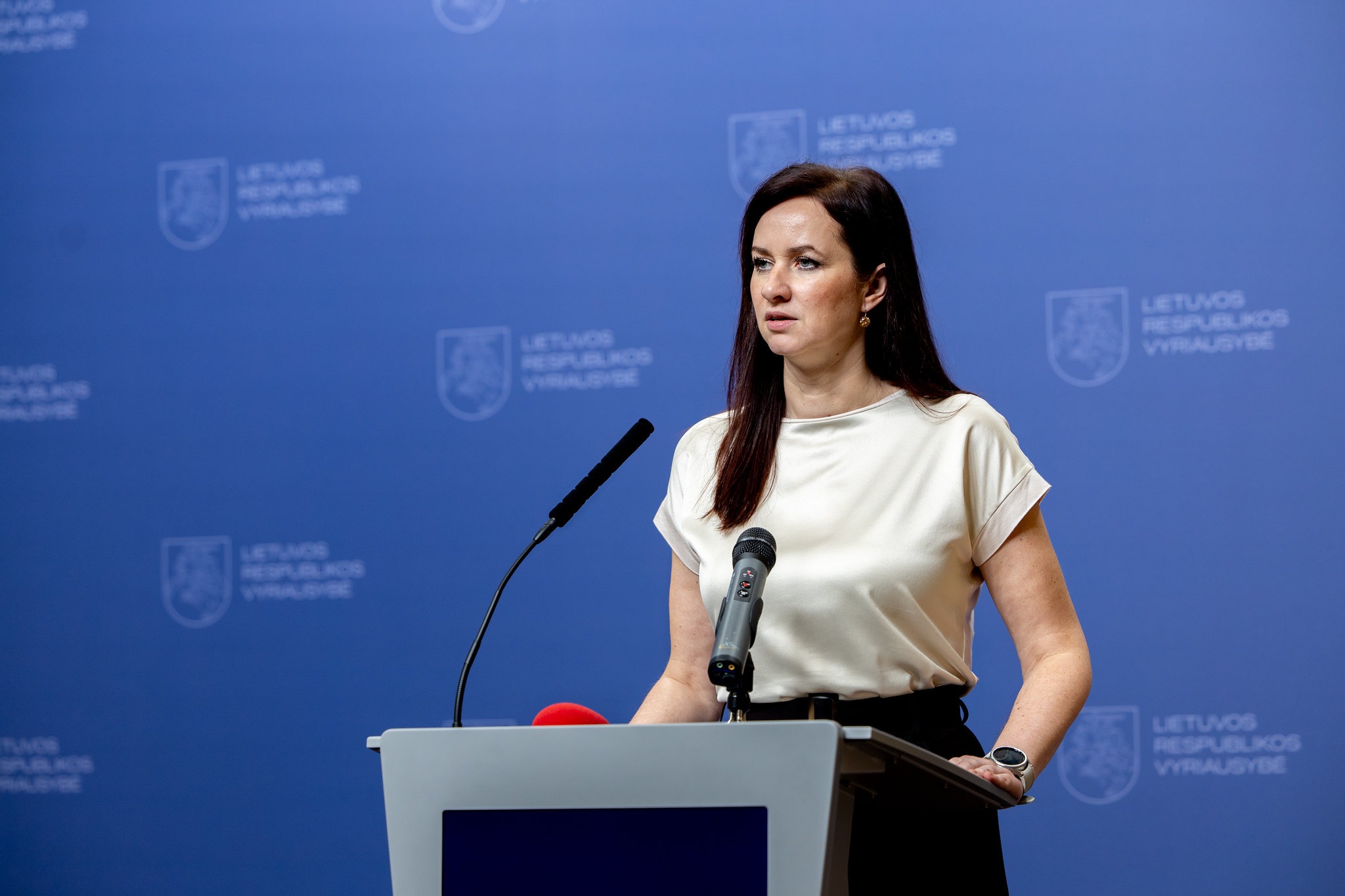
Main narratives:
- Concerns that Russian pupils are being led to believe the use of the Russian language within families may be restricted.
- Allegations that information about the Middle East conflict, particularly regarding Palestinian actions, is misleading.
- Beliefs that the potential expansion of the EU to include Ukraine, Moldova, and Georgia is against Estonia’s interests.
Overview:
This week, social media and news outlets in Estonia concentrated on educational policies, particularly the use of the Estonian language in schools with Russian-speaking students, and the ongoing conflict between Israel and Palestine. There was notable attention given to a pro-Palestine demonstration in Tallinn. Discussions also touched upon the significance of Russian culture in Estonia and the potential EU enlargement to include Ukraine, Moldova, and Georgia, arguing from a financial standpoint that these changes would not benefit Estonia. The narratives conveyed a sense of threat to language rights, misinformation about the Middle East, doubts about the benefits of EU enlargement for Estonia, concerns over the state of freedom of speech and assembly, and a belief in the deep ties between Estonian and Russian cultures.









